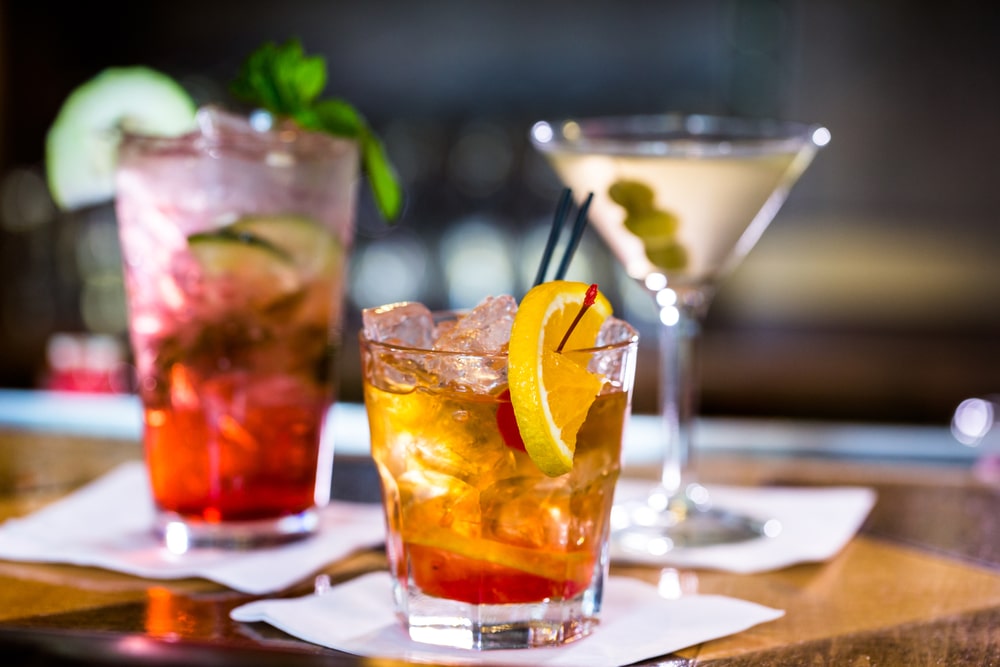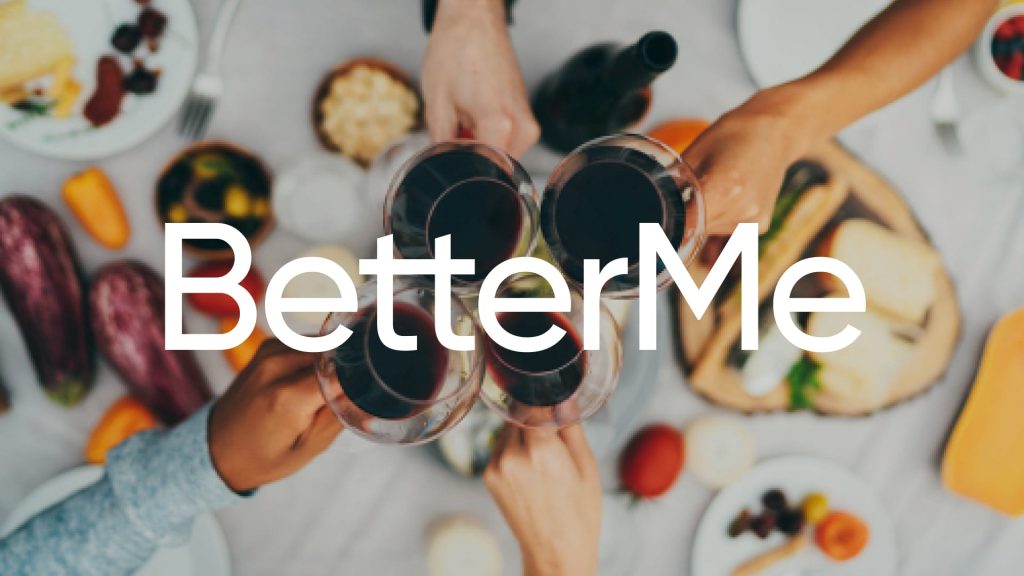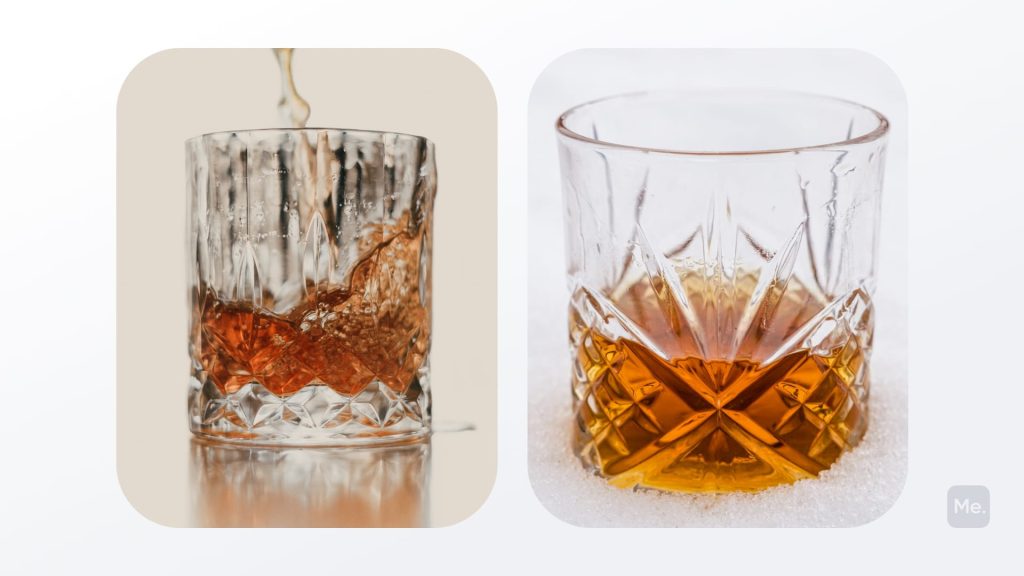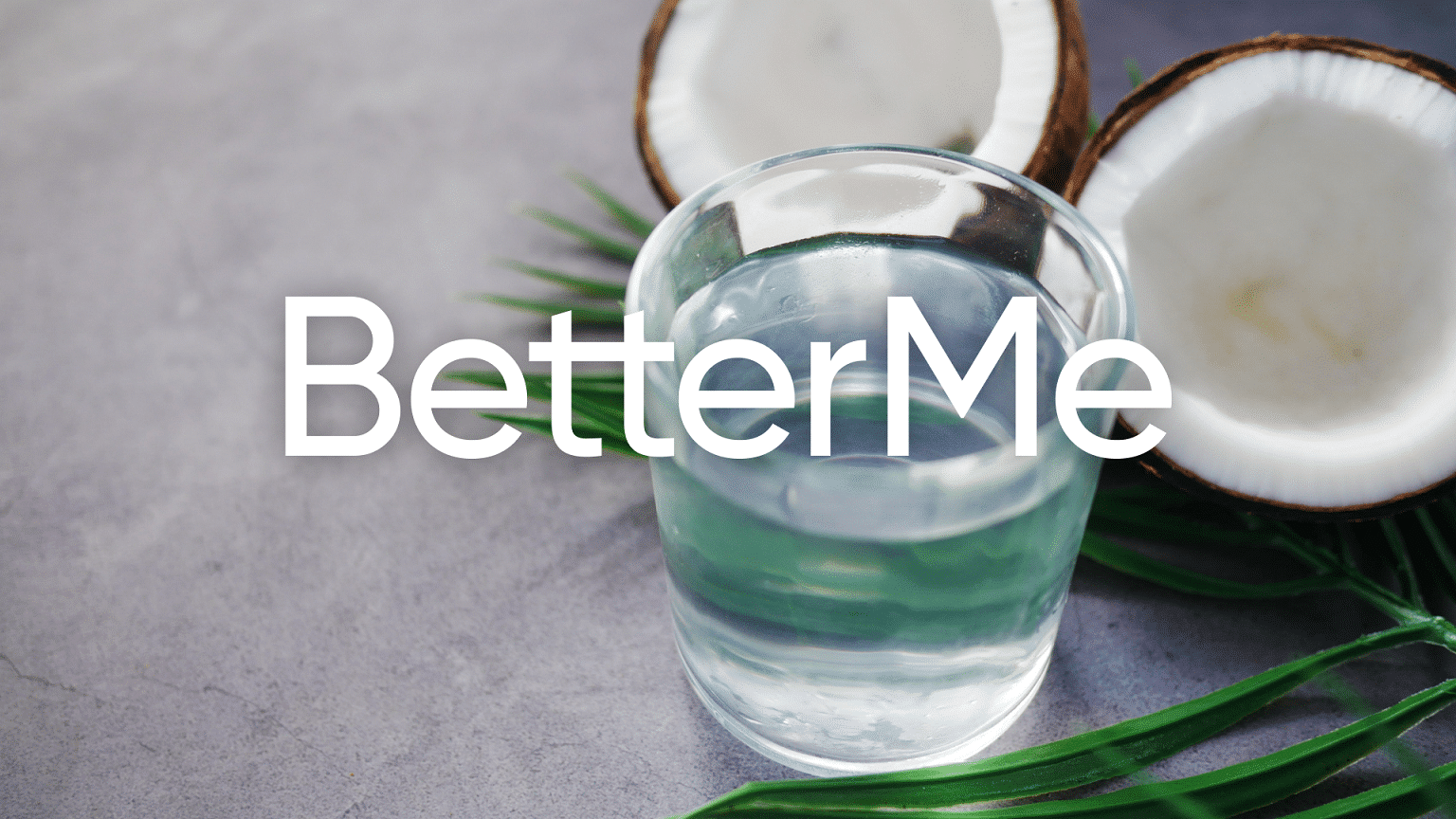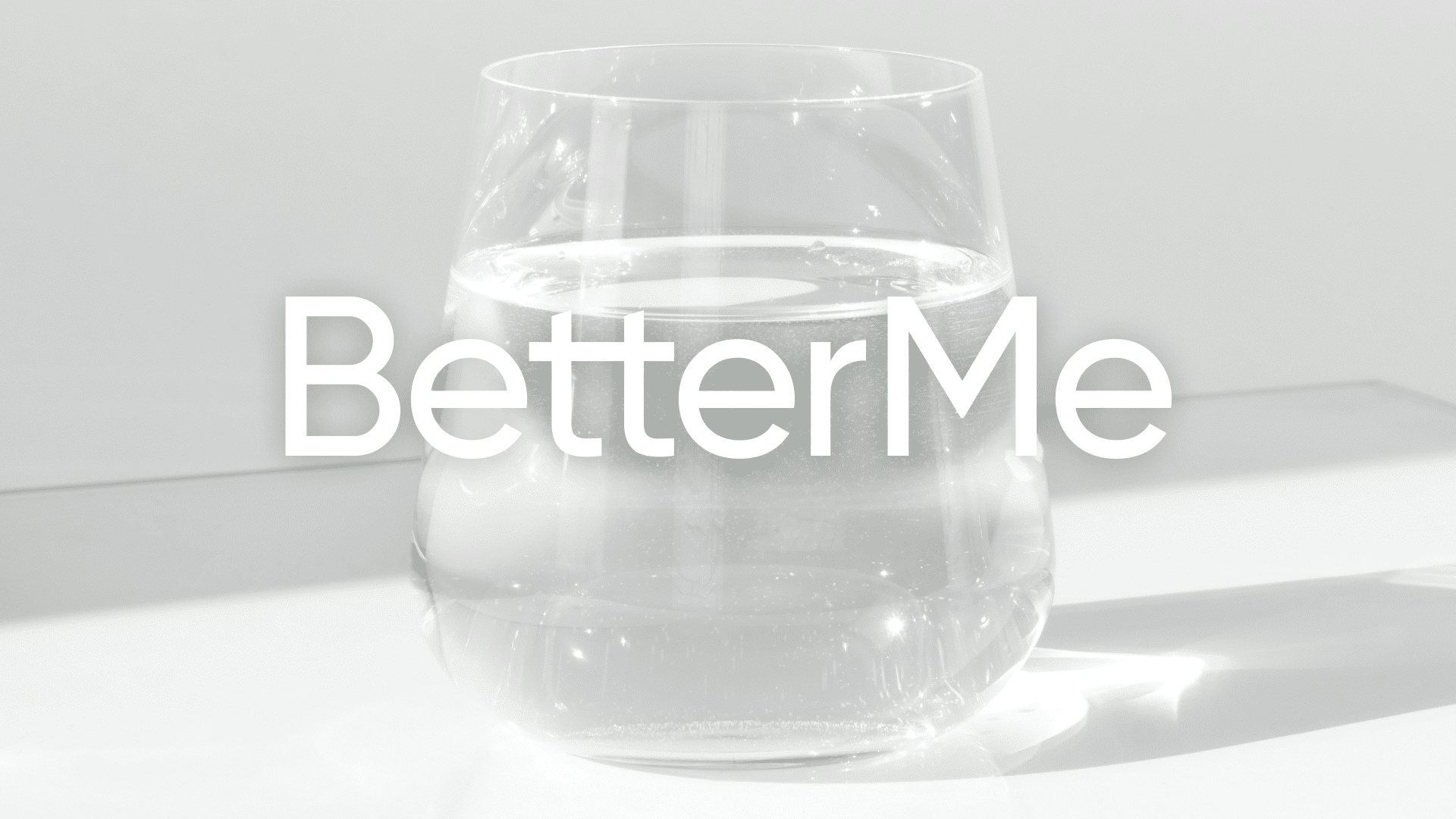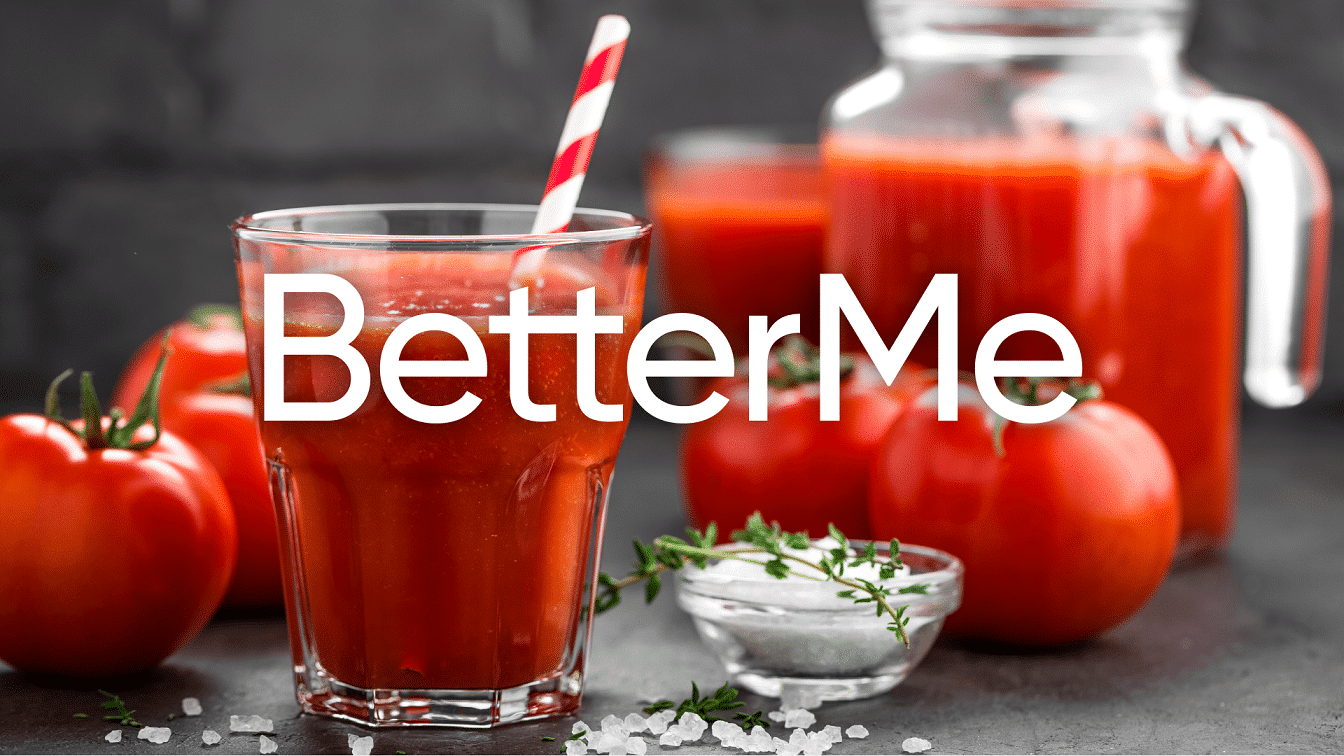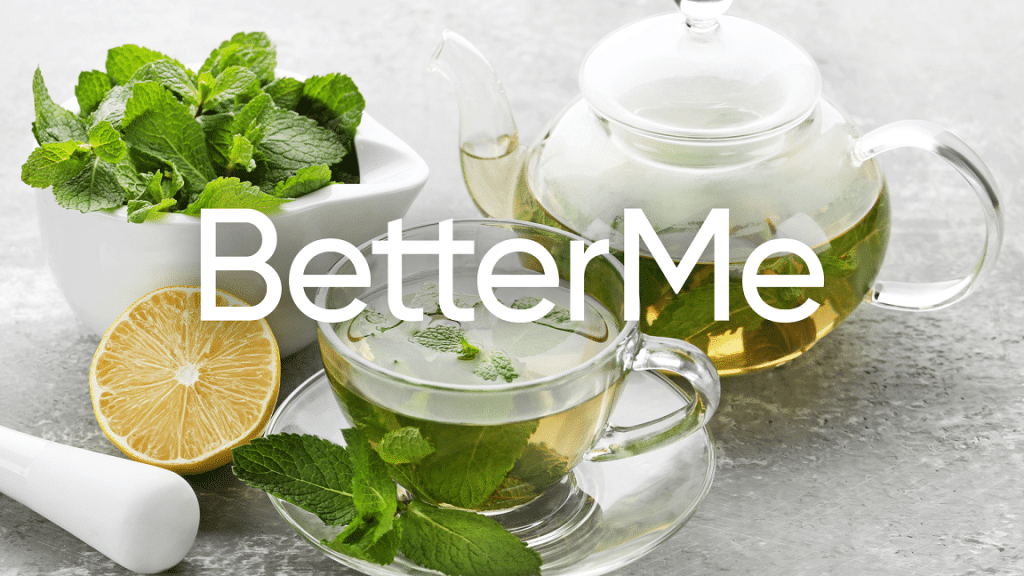If you have been working towards your weight loss, you have probably been doing a couple of things to lose those extra pounds. Counting your calories, keeping a food journal, working out either at home or in the gym, drinking more water, and more such things. However, even if you are doing all these great things to help you reach your goals, failing to keep track of your alcohol intake could be slowing down your progress because alcohol weight gain is something that many tend to not be aware of.
The bitter truth that alcohol causes weight gain is a pill that many people may be unwilling to swallow. After all, drinking alcohol is a favourite pastime for many people. How can you have a happy hour without a drink or two? How can you unwind after a long day with a cup of water or apple juice? It just doesn’t make sense, or sound very appealing to be quite frank.
In this article, we are going to let you in on the alcohol and weight gain facts, which will help answer some frequently asked questions such as ‘how does alcohol make you gain weight?’, ‘why does alcohol make you gain weight in your stomach?’, and show you how to drink alcohol and not gain weight so you do not have to give up happy hour altogether.
Why Does Alcohol Cause Weight Gain?
When counting calories, whether manually or on a calorie counting app, many people often forget to take into account the calories that they drink. From sodas, to energy drinks, juices, and above all alcohol, all these drinks pile on the calories.
Here are some reasons behind alcohol weight gain:
-
Added Calories
All foods and most drinks have calories. While the calories in healthy foods and drinks are often good for you, those in alcohol are often known as ’empty calories’ which are absorbed into the body but only offer very little to no nutritional value to the body. When your body has extra calories that it does not turn into energy for use, they are often turned into fat and thus an ever increasing waistline.
Read More: Does Wine Make You Fat? The Truth About Alcohol And Weight Gain
-
Your Body Uses Alcohol As A Source Of Fuel
According to one 2013 study by The Journal of Clinical Investigation, when one consumes alcohol, the body quickly begins to convert it to acetic acid, which circulates in the blood and can serve as a source of energy for the brain and other organs (1). This may mean that when you eat, these calories are not quickly turned into fuel as they normally would and as we know, any calories that are not quickly turned into fuel, end up being turned into fat and stored in the body leading to alcohol weight gain.
-
Increased Appetite
Have you ever realized that you often end up eating way too much during or after a night of drinking? This can sometimes be because of available food during parties but it is also because booze tampers not only with your hormones, but also with your decision making abilities.
According to one 2015 study done on 24 healthy men, drinking just about 20 g of alcohol highly alters how we view food. In the study, researchers found that the men who had 20 g of vodka ate 11% more food than the men who only had orange juice. They also realized that the men who had alcohol preferred high fat savoury foods and were 24% more likely to reach for these foods instead of healthier options (2).
This shows that not only does alcohol make you want to eat more, but it also leads you to make poorer food choices, both factors that increase your calorie intake leading to alcohol weight gain.
-
It Messes With Your Organs And Metabolism
Many healthy diets, like the Mediterranean diet for one, allow small amounts of alcohol consumption. One research done on mice showed that drinking small to moderate amounts of alcohol every once in a while can help rev up the metabolism. However, no such research has been done on humans and thus the same may not occur with you.
Excessive alcohol consumption also leads to alcoholic fatty liver. A fatty liver is a damaged one which affects how the body metabolizes and stores carbohydrates and fats making it increasingly difficult to lose weight showing the delicate relationship between alcohol and weight gain metabolism.
BetterMe app will kick you out of the mental funk, shake off your extra weight, rid you off you energy-zapping habits, and help you sculpt the body of your dreams. Intrigued? Hurry up and change your life for the better!
FAQs
How To Drink Alcohol And Not Gain Weight?
As we have seen above, those two drinks at happy hour, several drinks at brunch, and multiple glasses of wine at dinner can wreak havoc to your waistline. But does this mean that you can never drink again? Never browse through the liquor store again or have to be the only sober one at a party and everyone’s designated driver just because you want to avoid those few extra pounds? Thankfully, it does not.
Here are some things that you can do to ensure that you prevent alcohol weight gain even:
-
Pay Mind To What You Drink
If you are careful about your choices of alcoholic beverage, you can figuratively, have your cake and eat it too. As we have seen above, one of the reasons why alcohol causes weight gain is because it is full of empty calories.
While there is no zero calorie alcoholic drink, some choices have less calories than others. For example, popular cocktails such as a Manhattan or Cosmopolitan can have as much as 160 to 200 calories per glass, while other options such as Martinis, Old Fashioned or a Bloody Mary have fewer calories.
The same way that lower calorie food options are better for your waistline and weight loss, is the same way that fewer calorie drinks can help prevent weight gain.
-
The Lesser The Alcohol Percentage, The Better For Your Waistline
According to Esquire.com, the less the alcohol percentage per bottle, the less calories intake per drink. I.e., a bottle of 80 proof vodka (40% alcohol) has 64 calories per 28 g, while a bottle of 100-proof (50%) carries 82 calories per 28 g.
-
Be Sure To Eat Before You Drink
One of the reasons behind ‘why does alcohol cause weight gain‘ is the fact that it quickly spikes your blood sugar which is often followed by a crash which leave you ravenous the next day or in the early hours of the morning after a night of drinking.
Eating a healthy fiber-filled and protein- packed meal before going out is one effective way to help stabilize your blood sugars. This can help prevent the crashing which often involves consuming high calorie, high carb and high fat foods which cause weight gain, especially in the belly. Plus, the food eaten beforehand will help slow your absorption of the alcohol keeping you from regretting your life choices in the morning over a brain numbing hangover.
-
Avoid Sugary Alcoholic Drinks
Not only are free sugars bad for your health and teeth but also sugary alcoholic drinks often have more calories than their counterparts and leave you feeling hungrier too. To minimize sugars, instead of a fancy cocktail, opt to do shots or have some white wine (not red). Choose dry wine instead of a sweet wine, opt for prosecco instead of champagne, etc. While you will still be hungry afterwards, chances are that you will make better food choices.
Read More: No Sugar Diet Food List To Keep Your Carb Intake Reined In
-
Have Some Water With Your Alcohol
As we all know, water is a zero calorie drink and thus alternating between your drink of choice and some water, helps cut down on your calorie intake throughout the night. There are also two more benefits to this
- Less chance of a hangover the next morning because you are staying hydrated.
- At the end of the night when you are hungry and choosing something to eat, someone who has been drinking water through the night is not as drunk or as hungry as someone who has had nothing but beer or wine or night. Water is a natural appetite suppressant and because they are not as drunk, they are able to make wiser food and healthier choices.
-
Just Because Your Hangover Calls For Greasy Food, Doesn’t Mean That You Have To Give In
Say you ignored or forgot all the advice above and had multiple sweet drinks all night, did not drink any water, got home, passed out in bed and eventually woke up with a hangover that makes you want to have the cheesiest, greasiest burger on earth. Does that mean you should get it? No it does not.
While greasy foods are known to help quite a bit in the hangover department, they are also filled with extra calories that will continue to add onto the calories you consumed the previous night. Plus, they are a very slippery slope that can very quickly kick you out of your carefully curated weight loss diet plan.
Some natural and healthy ways to get rid of a hangover include:
- Drinking water – It helps get rid of the alcohol through your urine and rehydrates you.
- Have some ginger to get rid of the nausea.
- Restore your electrolytes – This can be done by drinking sports drinks (watch out for the sugar content), broth or kombucha.
- Have some chamomile tea.
- Have some bananas.
- Sleep it off – It helps restore your circadian rhythm which goes a long way to prevent sleep weight gain.
Lean and toned up body isn’t just a far-fetched fantasy. Check out the BetterMe app and watch it propel your weight loss journey into high gear!
Alcohol Temporary Weight Gain: How And Why Does This Happen?
Have you ever woken up after a night of drinking and realized that your stomach was sticking out a little more than normal and your face looked a little rounder than it usually does? If so, this does not mean that you suddenly gained weight overnight. In reality, this puffiness is better known as alcohol bloating.
Alcohol bloating is caused by two things:
-
Stomach Bloating
This happens because booze is an inflammatory substance which can lead to gastritis. Gastritis occurs when your gastrointestinal tract/lining becomes inflamed. One study in 2009 linked alcohol to the Helicobacter pylori (H. pylori) bacteria which is known to cause gastritis (3).
Signs and symptoms of gastritis include nausea, a burning ache in your upper abdomen, vomiting, and a feeling of fullness in your upper abdomen after eating. Please note that if left untreated, gastritis may lead to stomach ulcers, stomach bleeding, and in worse cases stomach cancer.
-
Facial Bloating
Alcohol leads to dehydration. When you are dehydrated, your skin and vital organs try to hold on to as much water as possible, which in turn leads to puffiness, not only in your face, but to other body parts as well.
An important fact to note is that alcohol temporary weight gain, or alcohol bloating can take anywhere between a few days to a few months to subside. It all depends on the severity of the matter.
Can you treat alcohol bloating? Yes, you can. If the issue is caused by gastritis, you can get some antibiotics from your doctor as well as some additional medications such as antacids, H2 blockers, as well as proton pump inhibitors.
If you wish to prevent it altogether, the easiest way is by reducing or fully quitting alcohol, maintaining a healthy diet, exercising, and drinking water.
Why Am I Gaining Weight After Quitting Alcohol?
While weight gain while drinking can be rationalized, weight gain after quitting alcohol is something that many people do not expect. After all, weight loss is among the many benefits of cutting out booze from your life).
The main reason why some people find themselves gaining weight after they quit drinking is because they tend to replace the alcohol with food. Addicts may find themselves replacing one addiction with another, i.e. alcohol with food. On the other hand, other people assume that since they are cutting out loads of calories from not drinking, they can eat whatever they like; which means consuming way too many calories and thus weight gain.
How Long After Eating To Drink Alcohol To Avoid Weight Gain?
According to Men’s Health, you should wait at least 15 minutes after eating/starting your meal before taking your first sip of alcohol. Having food in your stomach before drinking, prevents the booze from being immediately absorbed into your bloodstream. Not only will this slow down how fast you get drunk, but the slower rate at which alcohol is soaked up in your body, may also reduce the amount of calories absorbed in your system.
How Alcohol Raises Cortisol And Leads To Weight Gain?
When you are intoxicated or suffering from alcohol withdrawal, it can increase your anxiety or stress levels which raises your cortisol levels. This stress hormone has been linked with weight gain especially in the belly. High
cortisol levels increase your urge to eat which leads to obesity.
Get your personalized
meal plan!
DISCLAIMER:
This article is intended for general informational purposes only and does not address individual circumstances. It is not a substitute for professional advice or help and should not be relied on to make decisions of any kind. A licensed physician should be consulted for diagnosis and treatment of any medical conditions. Any action you take upon the information presented in this article is strictly at your own risk and responsibility!
SOURCES:
- Increased brain uptake and oxidation of acetate in heavy drinkers (2013, jci.org)
- Moderate alcohol consumption stimulates food intake and food reward of savoury foods (2015, sciencedirect.com)
- Relationship between Alcohol Consumption and Active Helicobacter pylori Infection (2009, academic.oup.com)
